Labor effectively concedes it has lost control of borders
Clare O’Neil’s concession of High Court supremacy is an effective admission that Labor has lost control of Australia’s borders.
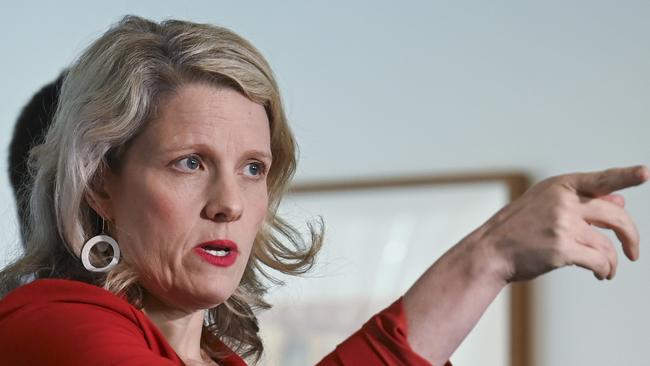
A repeat of the Rudd/Gillard border protection crisis is now a real and potentially escalating one for the Albanese government.
This is by its own admission.
Home Affairs Minister Clare O’Neil’s concession that the parliament had now conceded its powers over migration law to the courts is an alarming declaration.
The legal circumstances may be altered from a decade ago but the political manifestation remains unchanged.
The key point is the admission by the government that the courts rather than the parliament have control of immigration detention.
This a potentially lethal political weapon for the Opposition.
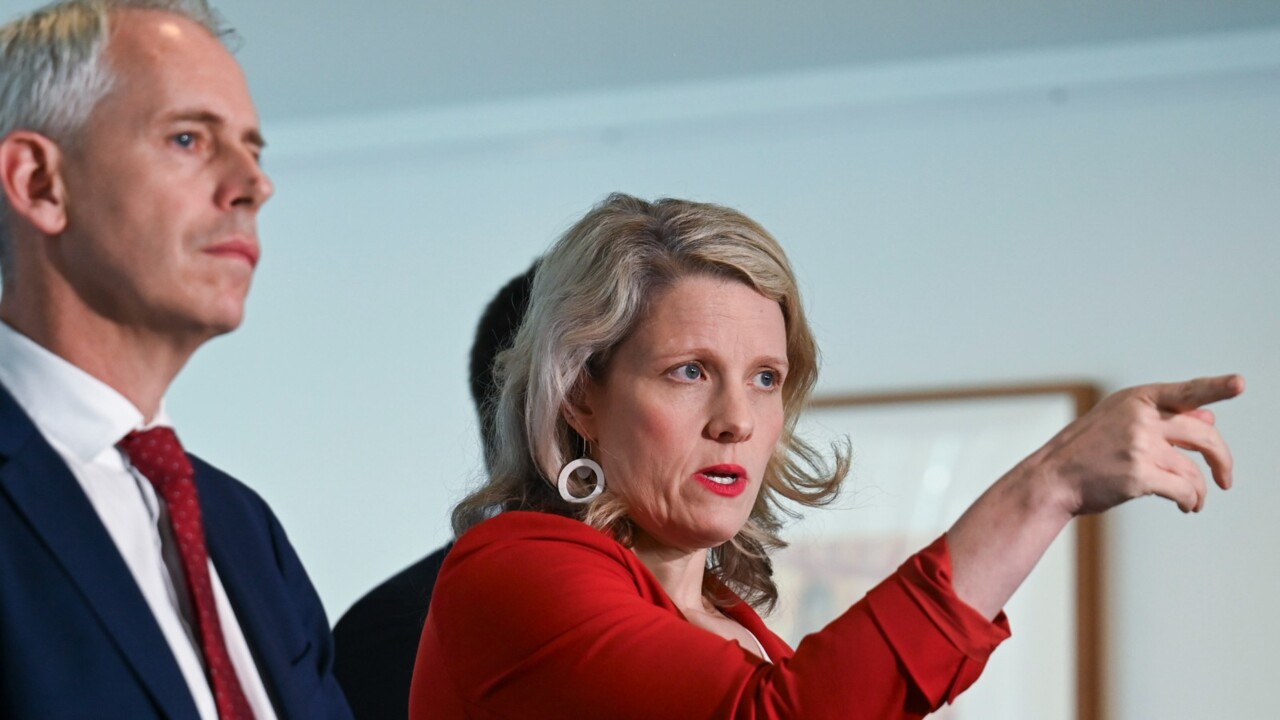
The government on Friday conceded that the legal parameters concerning indefinite immigration detention were now so opaque that it now has no idea how to deal with it.
The government has responded by enlisting another 46 lawyers to deal with it.
How this provides reassurances defies imagination.
The central admission by the government on Friday is the fear of an avalanche of detainees being released from detention over the coming years because of the High Court decision last year.
The dilemma is no longer about protecting the borders from those seeking to breach them, as it was back when 30,000 people arrived by boat.
There is no credible blame here to be laid at the feet of previous coalition governments.
It is now a legacy issue of the Rudd/Gillard era – the future release of those already here and detained either because they were criminals or at least persons deemed by the government that warranted deportation.
The Prime Minister is clearly panicked about it. Panicked enough to have endorsed his Immigration Minister Andrew Giles and Homes Affairs Minister Clare O’Neil to call in the press gallery on Friday for a secret briefing to try and spin its way out of the problem.
None of what was said in the meeting, with the exception of one official, was attributable to those who said it. But the broad themes of what was being presented is.
The universal admission was that the government was now overwhelmed by the case load in front of it, captive now to judicial ruling on immigration detention, and politically impotent in its response.
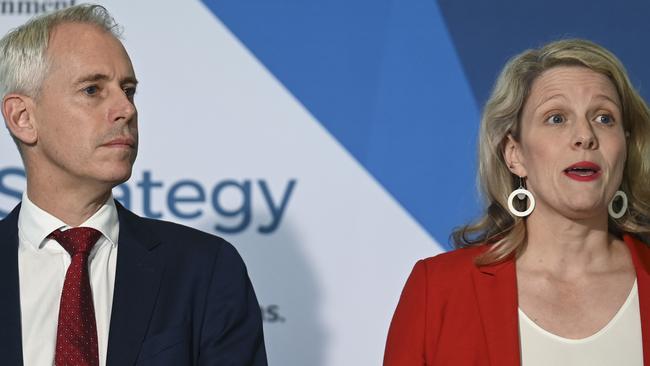
Two troubling elements emerged from the briefing. The government now admits that due to the High Court ruling, the definition of the period of detention for people the government is seeking to deport is now ill-defined.
Secondly, they have no plan to deal with people they can never deport, whether they are criminals or not.
The primary purpose of the briefing was to explain to journalists how the government was on top of it all.
If anything, it had the opposite effect.
There can be no dispute that the government has now conceded the problem is about to get worse and it is currently clueless as to how to deal with it.
According to the government: “The law in this area is now unsettled, creating an evolving legal environment that the government is managing”.
Should this be a surprise? No. This is a dilemma of the government’s own making. In this case Giles is commander in chief of the disaster.
While he and O’Neil may seek to blame the High Court, as early as July last year, Justice Jayne Jagot effectively pleaded for the government to mount a defence that would deny the court from having to make the inevitable ruling it was going to make, and which it appeared reluctant to do.
The central point in the original NZYQ case was whether there was a prospect of removal of the detainee back to country of origin elsewhere.
This is key to Albanese’s current dilemma. The question is whether he was ever made aware of it at the time.
Having understood the implications of this decision, Giles could have easily made an exception in this case and aborted the High Court case.
Having made an admission there was no clear prospect of removal, notwithstanding third country options which occurred in the past, Giles forced the court’s hand.
The government is now dealing with the consequences of all this. Whether people choose to believe it is a result of ministerial incompetency, ideological conflict or emotional attachment to an issue that has always partitioned the Labor movement, is irrelevant in a political analysis.
Albanese will be continue to be weakened by the party’s failure to learn from the historical penalties of its failures to get this right.





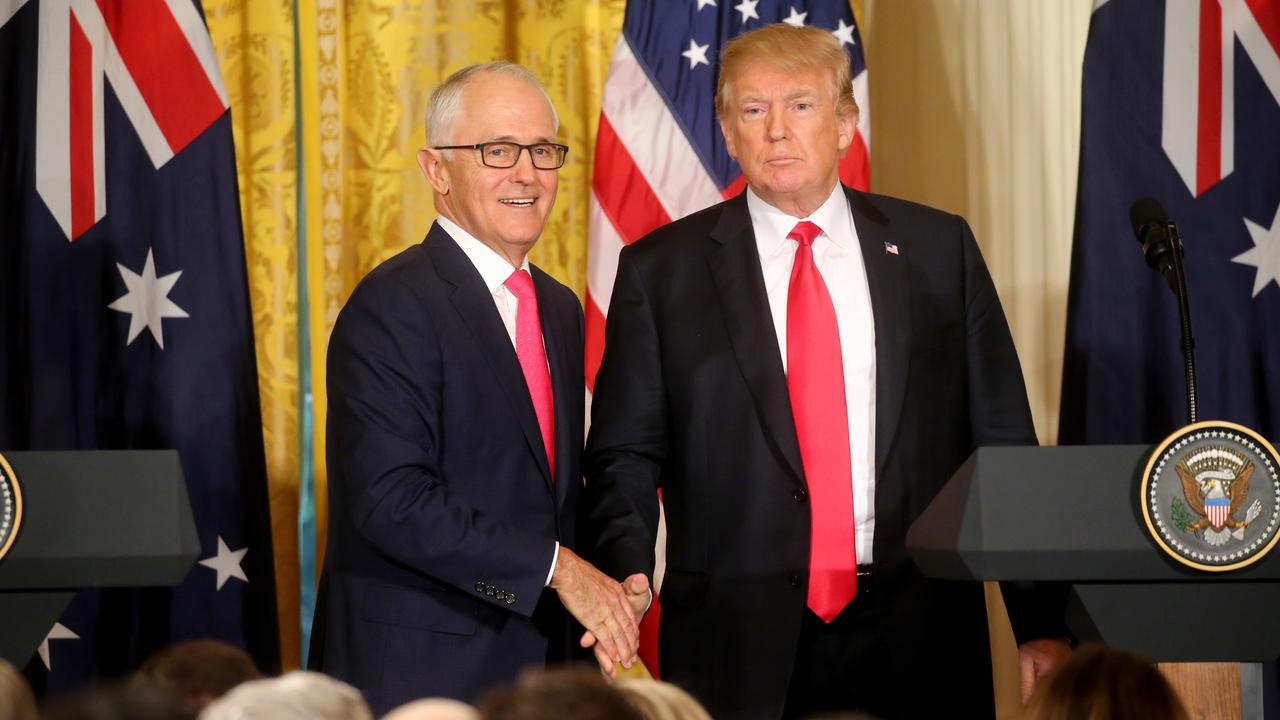
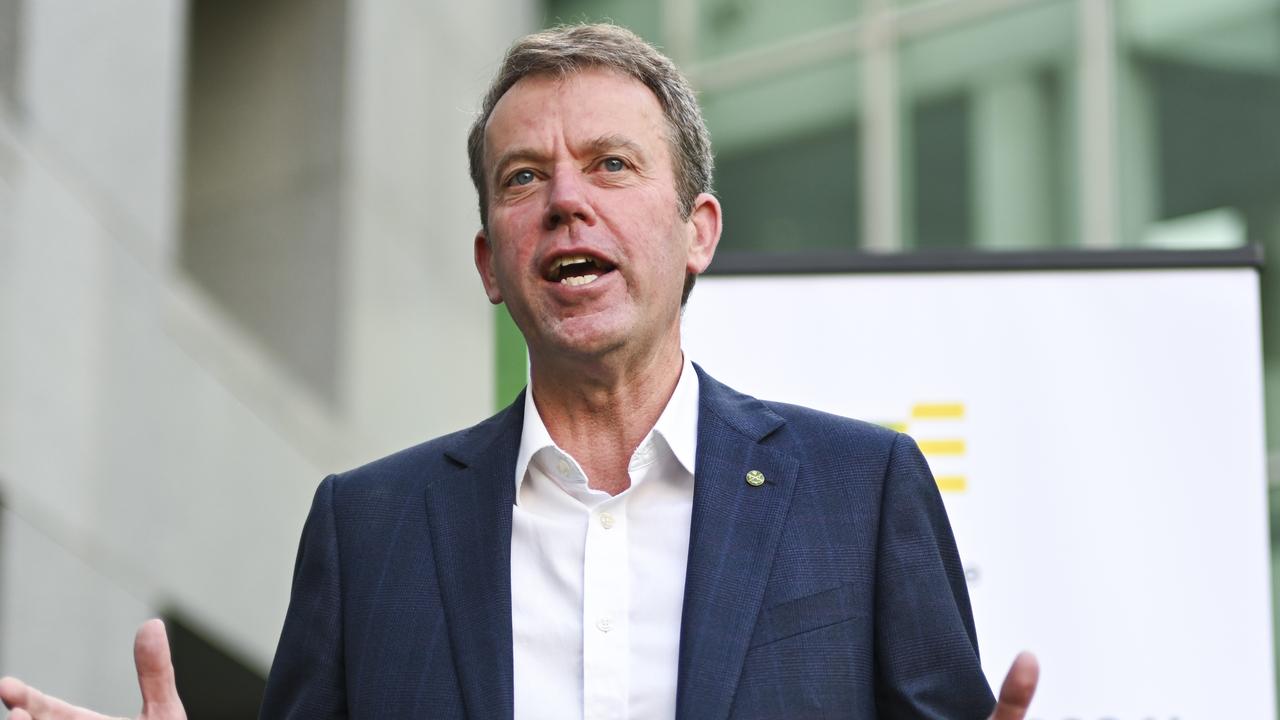
To join the conversation, please log in. Don't have an account? Register
Join the conversation, you are commenting as Logout